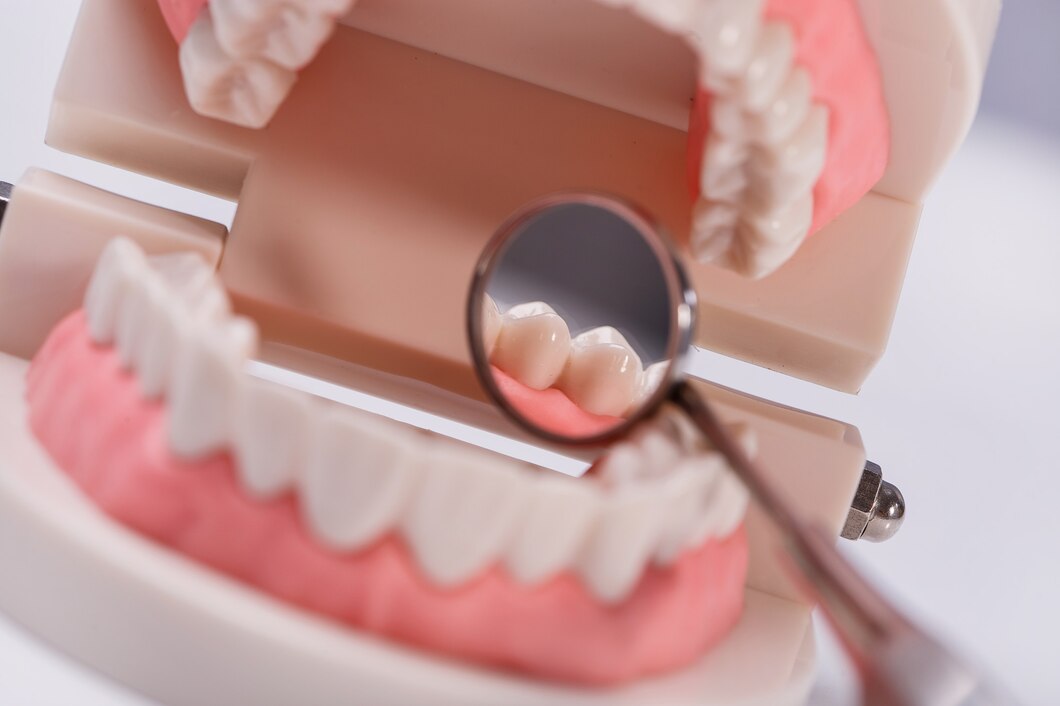The role of genetics in determining tooth structure and health is becoming an increasing focus in dentistry. Genetic factors influence not only the shape and size of teeth but also their resistance to diseases such as caries and periodontal disorders. By gaining a deeper understanding of these genetic factors, we can better understand why some individuals are at higher risk for dental health issues compared to others.
Tooth structure, including jaw shape and tooth arrangement, is often inherited from parents. Some people inherit strong and robust tooth structures, while others may have teeth more prone to damage. Additionally, genetics can influence the tooth eruption process and tooth movement, which ultimately affects dental alignment. Understanding these aspects is crucial in determining appropriate treatment, especially for individuals experiencing jaw abnormalities or overlapping teeth.
Beyond structure, resistance to dental diseases is also affected by genetic factors. Certain genes are known to play a role in the production of enamel, the protective layer of the tooth that shields against acids and bacteria. People with specific genetic variations may have thinner enamel, making them more susceptible to damage. The body’s resistance to bacteria that cause gum disease is also influenced by these genetic factors, explaining why some people are more prone to periodontal infections.
While genetics play a significant role, lifestyle still impacts a person’s dental health. Diet, oral hygiene, and regular dental visits are factors that can either increase or reduce the risk of dental problems, regardless of genetic predisposition. However, by understanding genetic predispositions, dentists can recommend more effective and personalized preventive measures to ensure optimal dental health throughout life.
An example of a genetic factor affecting tooth structure is taurodontism, a condition characterized by the vertical enlargement of the pulp chamber, resembling the tooth structure of cattle.
With advancements in technology and genetic knowledge, dental experts can adopt more precise approaches to address issues related to tooth structure and health. Continued research in this field is expected to develop more tailored prevention and treatment strategies, allowing individuals to care for their teeth according to their unique genetic needs.
A better understanding of genetics in dental health supports efforts to reduce the prevalence of oral diseases. With personalized care and genetic insights, oral health quality can improve, preventing chronic dental diseases and enhancing quality of life. This aims to ensure health and well-being for people of all ages.
In the context of dental health, education about genetic factors and proper oral care is crucial. Increasing public awareness of the role of genetics in dental health helps individuals understand and practice preventive care more effectively. Outreach and education in this field can help reduce disparities in access to and understanding of dental health. This demonstrates FKG UGM's support for the Sustainable Development Goals (SDGs), particularly Goal 3: Good Health and Well-being and Goal 4: Quality Education.
Author : Rizky B. Hendrawan | Photo : Freepik

